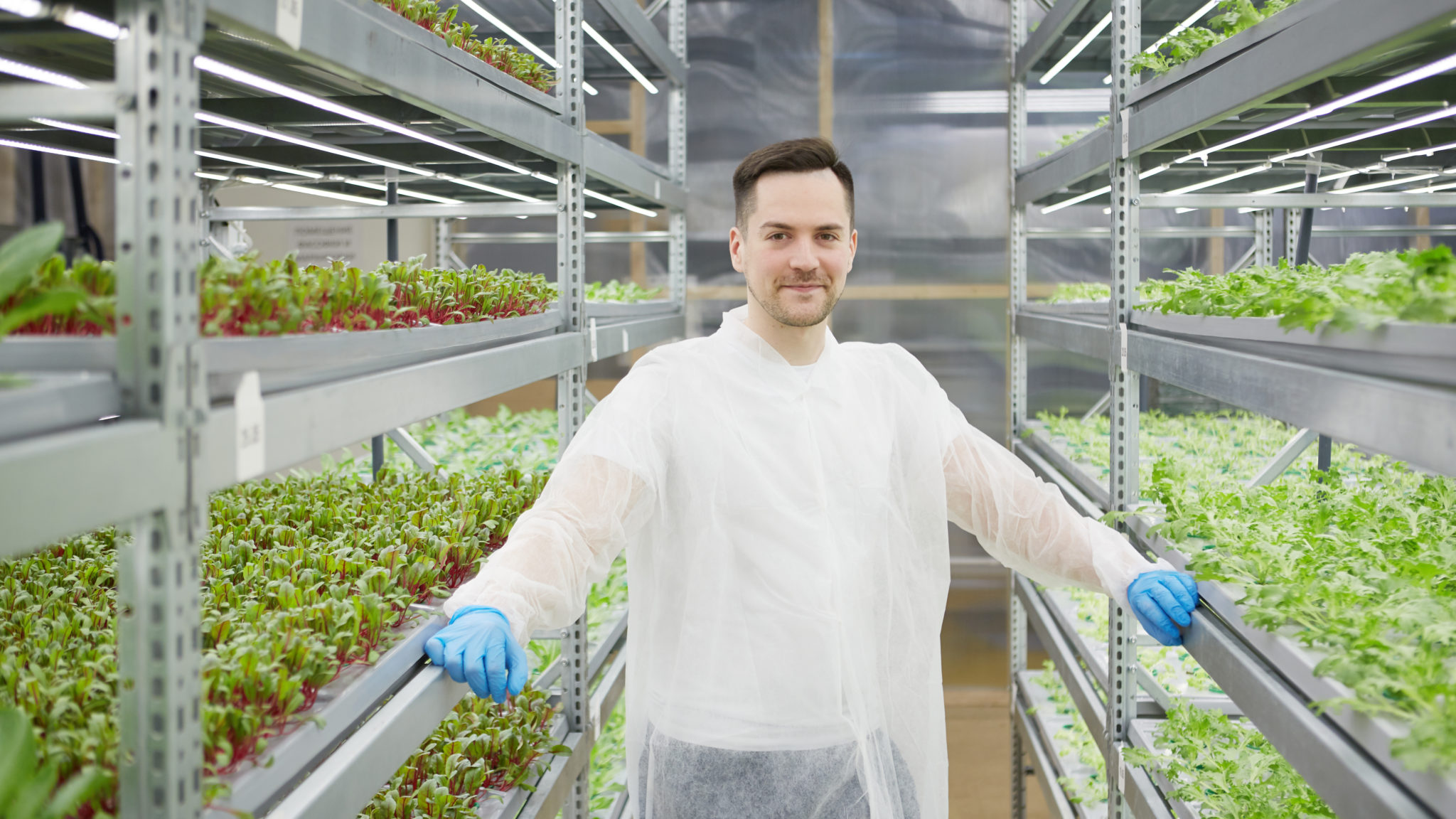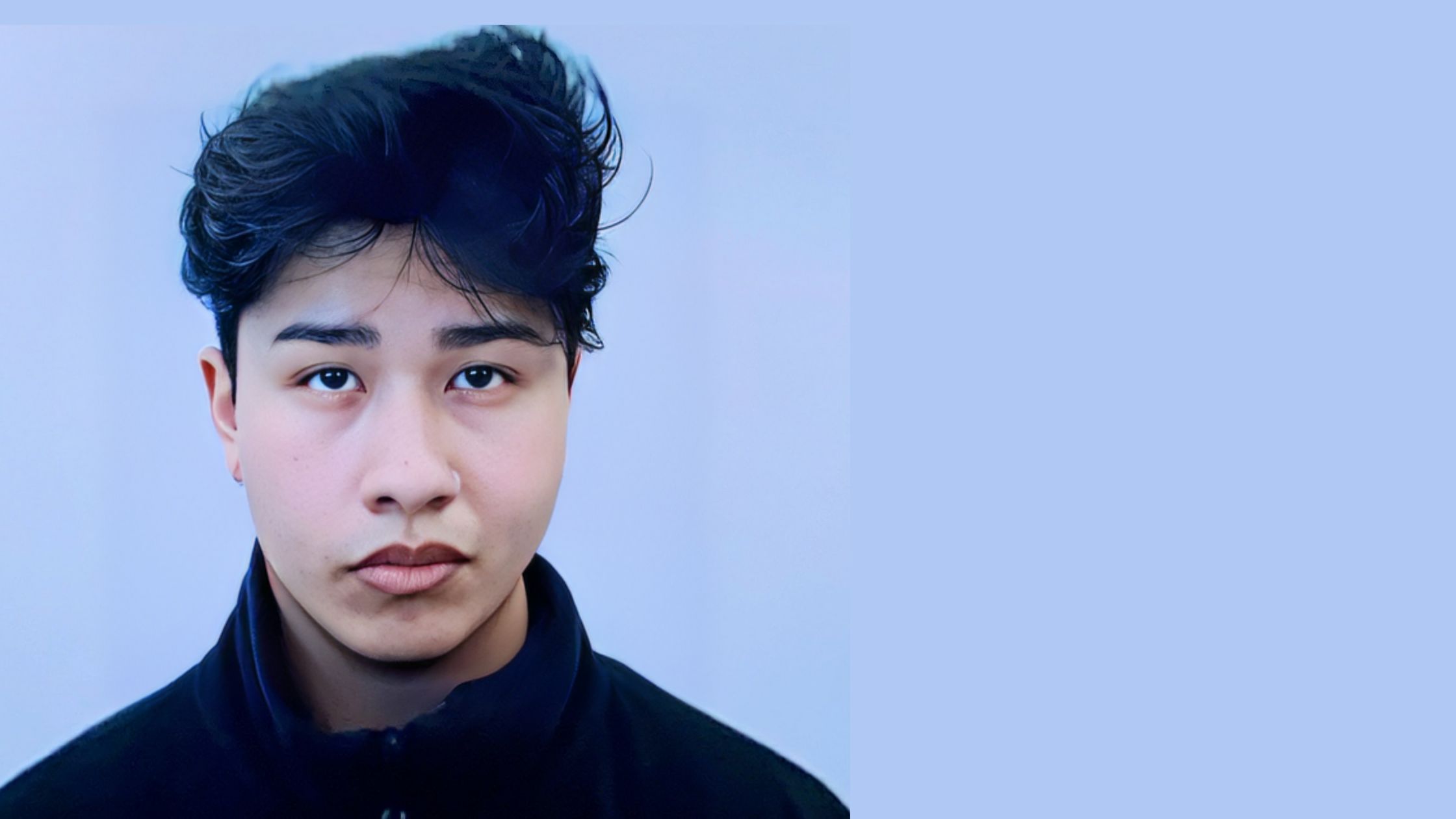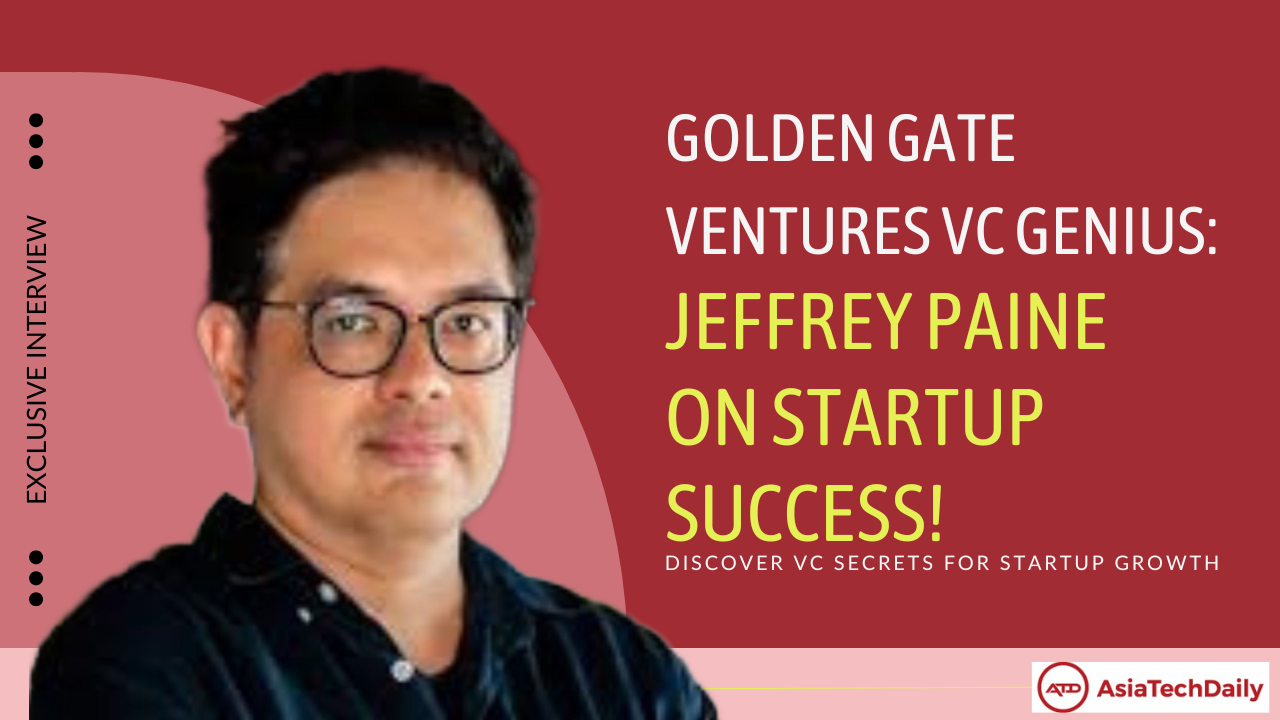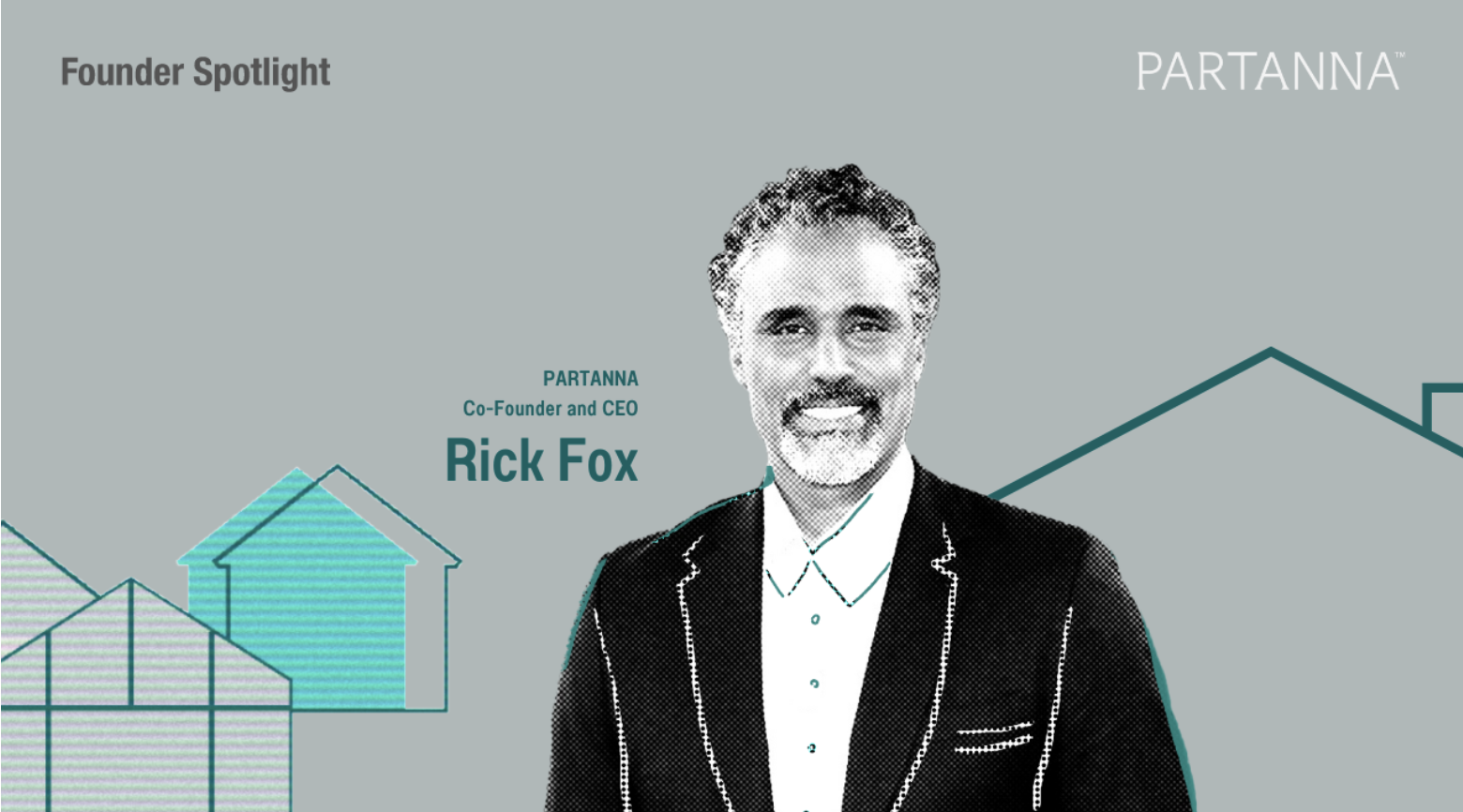AsiaTechDaily – Asia's Leading Tech and Startup Media Platform

How Max Chizhov, Co-Founder And CEO Of iFarm Raised $4M To Build An Indoor Farming Solution Provider In Today’s Urban Environment?
Max Chizhov is the co-founder and CEO of iFarm. The company is an indoor farming solution provider of plug and play automated vertical farms and data-driven software. Easy one-button managed farms from 50 till 5000 sq.m and a wide range of plants to grow are available for customers. Farms can be set in a store, restaurant, warehouse, home, or country house. iFarm allows everyone on Earth to grow their healthy food sustainably and be independent of the supply chain.
iFarm technologies are recognized worldwide: the project is not only included in the TOP 500 food startups of the world and is a member of the EIT Food Accelerator Network; iFarm also became the best agricultural startup in Europe in The Europas Awards 2020, the winner in the category of the best social impact startup of Nordic Startup Awards 2019
In an exclusive interview with AsiaTechDaily, Max Chizhov says:
The main mistake is to lose focus. We have been there too. At first, we wanted to create a whole product line that would meet both the b2b and b2c needs: indoor farms, containers, grow boxes, etc. And in the end, we realized that this would entail additional costs and postpone the launch indefinitely. As a result, we decided to focus on one area, create a high-quality industrial technology, and then develop new formats.
Don’t be afraid to make mistakes. Without them, you cannot become your best self. Also, never cease to learn. It is actually something that should be taught at school — not simply give knowledge, but teach how to find it, interpret and apply.
Read on to know more about Max Chizhov and his journey.
Please tell me about your personal background and What motivated you to get started with your company?
Max Chizhov: In 2017, I was looking for a project that, on the one hand, would be interesting for me from a professional point of view, and on the other, bring tangible benefits to society. I already had experience in the technological field, which is why I focused on that area. At that time, I also met Alex Lyskovsky, who had just finished a course at a culinary school in France. That experience left him wondering whether it was possible to grow high-quality vegetables all year round, regardless of climate conditions and with the least environmental impact, ideally making a profit. His story resonated with me, so I thoroughly researched the topic and realized that I wanted to do something; that’s how iFarm was born.
What is your current main product, and can you share any previous product pivot story to the current product?
Max Chizhov: At first, we wanted to develop as a producer of farm vegetables, herbs, and berries. But having evaluated the scaling prospects, we realized that we were not ready to wait 20 years to become a global supplier.
Then iFarm focused on developing technological business solutions for growing delicious natural products on vertical farms in today’s urban environment. Since 2018, the iFarm team has created automated vertical farms and an IT platform to manage them. We want to equip farmers worldwide with advanced growing technologies to earn by supplying fresh, tasty, and healthy products.
How much fundraising have you raised in total so far? When was the recent funding round?
Max Chizhov: This year iFarm closed a $4M investment round. The round was led by Gagarin Capital, which has previously invested in the project. Other investors included Matrix Capital, Impulse VC, IMI.VC and several business angels.
What were the internal decision processes in determining when to begin fundraising, and what were the logistics for this? And how many investors have you met so far and how did you meet these investors, and which channels worked best for you?
Max Chizhov: When we came up with iFarm, we were aimed at multiple growths. Having experience setting up several businesses with a similar strategy, we already knew how to develop companies at high speed and what to focus on. We needed venture capital investments to scale faster, improve the quality of our products and services, and strengthen the team with the best specialists.
The first investors were ourselves — the founders. We created a prototype and received the first money from the sale. Later, investments started to come from friends, acquaintances, and close associates. Thanks to this, we reached stable growth, finalized our target audience, and made the technology’s first sales. That was useful when we began to communicate with venture capital funds, who could give us additional value — help enter new markets and reach potential clients and raise funds in the next rounds.
The funds that have already invested in iFarm provide us with such assistance. We are also looking for new funds that are ready to work with us and help us accelerate the company’s development.
What are the biggest challenges and obstacles that you have faced in the process of fundraising? If you had fundraising, what would you do differently?
Max Chizhov: We made several pivots during fundraising. Initially, fundraising was different, but we changed it along the way. It was not easy, but it was a conscious decision for us. After a few experiments, we came up with the most efficient and scalable concept and business model.
Not every investor is tolerant to a sudden change of concept in a company’s development, so it was important for us to find funds that would trust us and treat such changes with understanding. Of course, any decision like that has to be supported by analytics and convincing reasoning and backed by a certain reputation of the founders in investors’ eyes.
What are your milestones for the next round? And what are your goals for the future?
Max Chizhov: We are planning to close Round A for € 5 million in the first quarter of 2021. This funding will be used to advance further in Europe and the Middle East, develop iFarm Growtune and update the library of growth recipes with new crops, expand the team, and increase sales. Next year we are also aimed at launching 40,000 square meters of vertical farms under our management.
How have you attracted users, and with what strategy have you grown your company from the start to now?
Max Chizhov: We were our own first clients because, in the first place, we were creating a technology that we wanted to use. The results allowed us to validate the quality and made it clear that we had produced the product we were willing to consume ourselves.
The next customers came through word of mouth: they contacted us through a recommendation or after tasting the products. For three years, we did not invest anything in advertising or marketing. All clients came thanks to our own activity on social networks, events, and media.
Entering new markets today, we, of course, launch a sales funnel and aim at our target groups: b2b, enterprise, city-farmers.
What do most startups get wrong about marketing in general?
Max Chizhov: The founders’ biggest mistake is to ignore their customers and end up making a product that the market does not need. The prototype must be shown to the customer as soon as it is ready, then you collect feedback and finalize the product according to it. When entering new markets, it is necessary to conduct cust dev, collect opinions on improvement and customers’ vision for further product development.
How do you plan to expand globally?
Max Chizhov: Next year we will continue our expansion in Europe and the Middle East. In 2022-2024 we plan to enter the North American and Asian markets.
What are the most common mistakes companies make with global expansion?
Max Chizhov: None of us had any experience in this area; we wanted to produce high-quality and tasty products. It was important to go all the way from the idea to the final product, to make all possible mistakes, to realize the shortcomings of the chosen business model, and finally determine that our product would be the vertical farming technology itself, and not greens.
How do you handle this COVID-19 outbreak situation for your company’s survival in the future?
Max Chizhov: Over the last few years, the overall trend in agriculture has been to localize production. This is due to the high rates of urbanization, population growth, and in 2020 the additional impact of the Covid-19 pandemic and the quarantine following it that made the problems of long supply chains and food security even more obvious.
Such conditions make growing vegetables, berries, and greens in the consumer’s immediate vicinity a necessity. Countries have begun to think strategically about food security issues, which brought us, several large customers.
From the point of view of organizing teamwork, we did not face any difficulties. Even before the pandemic, we had been building processes and implementing tools for an effective remote team’s smooth work.
What are the most common mistakes founders make when they start a company?
Max Chizhov: The main mistake is to lose focus. We have been there too. At first, we wanted to create a whole product line that would meet both the b2b and b2c needs: indoor farms, containers, grow boxes, etc. And in the end, we realized that this would entail additional costs and postpone the launch indefinitely. As a result, we decided to focus on one area, create a high-quality industrial technology, and then develop new formats.
Another mistake is to pay too much attention to details without seeing the bigger picture. For example, in the beginning, we did not think about any high-level process automation. But the further we went, the more clearly we understood the need to reduce human involvement in the production. That is why we developed special software for managing vertical farms — iFarm Growtune launched a drone and continues to create solutions that automate planting, moving trays on racks, assembling, and packaging.
What’s the best advice you’ve ever received? And What advice do you have for someone who is interested in doing similar things like yours or in a similar direction?
Max Chizhov: Launching a project, it is crucially important for the founders and early team members to share the same vision and ambition and make sure they are in tune. This will help you stay focused.
What are the top-three books or movies (TV series) that changed your life and why?
Max Chizhov:
My top-3: Ray Dalio – Principles, Tony Hsieh – Delivering happiness, Daniel Kahneman – Thinking, Fast and Slow. These books help me to look at our business from different sides and make my workdays more efficient.
How do you keep yourself motivated every day?
Max Chizhov: New goals and plans, a global mission that the entire team is guided by, allow you to avoid unnecessary distractions and make sure you work towards your goals. Being involved in development in the food industry, you can see, touch, and taste your work’s tangible results. This also gives additional motivation.
What are the top-three life Lessons that you want your (future) sons and daughters to know?
Max Chizhov: Don’t be afraid to make mistakes. Without them, you cannot become your best self. Also, never cease to learn. It is actually something that should be taught at school — not simply give knowledge, but teach how to find it, interpret and apply.
What would you like to be remembered for?
Max Chizhov: I would like that in a year when you hear about our company or see products grown using our technology, you would remember where we started and what mistakes we made at the very beginning, and that each mistake motivated us to move on.
You can follow Max Chizhov here.
Are you looking to secure investment for your startup or a keen startup enthusiast, keep an eye on our interview section.
Follow Asia Tech Daily to know about the innovative startups and how they are revolutionizing the ecosystem.





